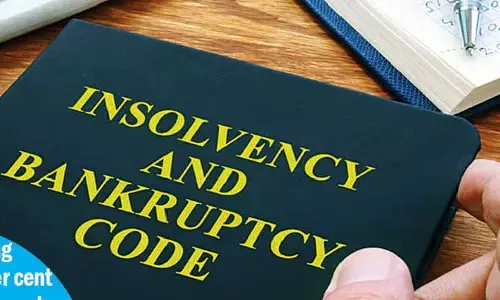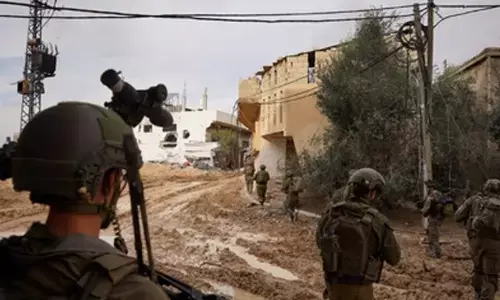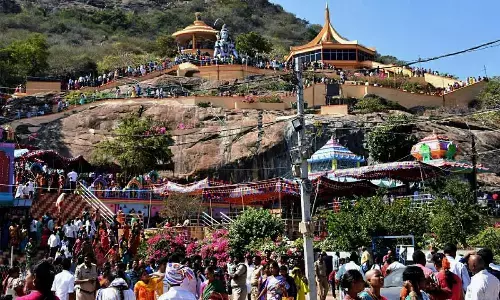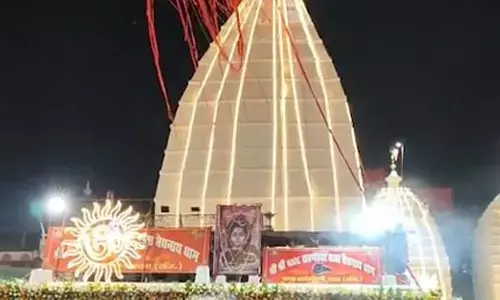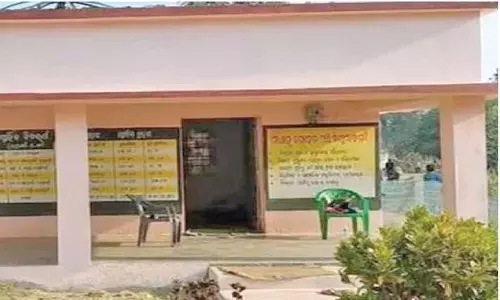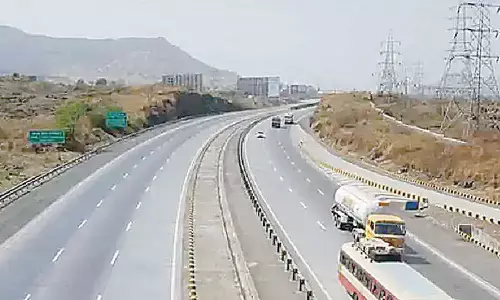TSRTC to introduce IITS in Hyderabad
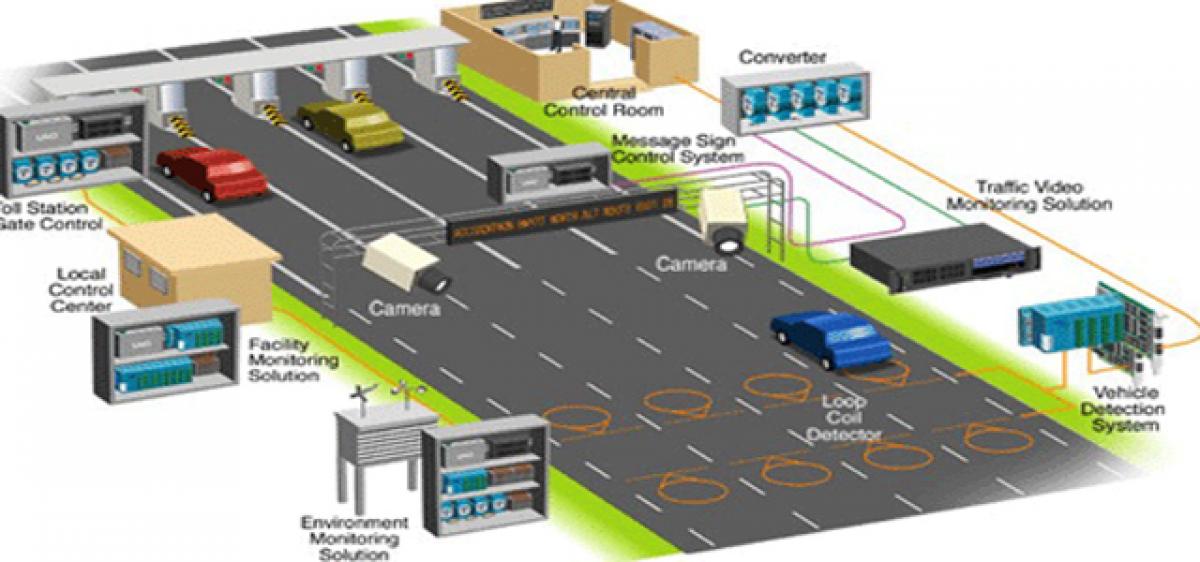
An InteIligent Integrated Transport System (IITS) which enables the passengers to know the exact status (location, etc) of the bus, is being introduced by the Telangana State Transport Development Corporation (TSRTC), which is marching ahead with several innovative schemes for offering better services to its consumers.
Hyderabad: An InteIligent Integrated Transport System (IITS) which enables the passengers to know the exact status (location, etc) of the bus, is being introduced by the Telangana State Transport Development Corporation (TSRTC), which is marching ahead with several innovative schemes for offering better services to its consumers.
TSRTC Managing Director GV Ramana Rao told ‘The Hans India’ that during a recent visit to Paris and Germany, along with Chairman S Satyanarayana, they were impressed with the IITS being implemented in Paris. After being convinced about its utility value, discussions were held with the French government and a MoU was signed, he said.
The system is to be introduced as a pilot project on the Koti-Uppal route on an experimental basis. Later, it would be extended to all 10,500 buses being run across the State after linking it to GPRS. The entire cost of the project is to be met by the French government.
The system will enable the passengers to know information on the status of the bus. Rao revealed that during their visit to Germany for witnessing the international bus exhibition, a battery-run vehicle had attracted their attention.
With some changes, this bus could be useful for the TSRTC. He said in the countries which they had visited, only 35 per cent revenue was being earned from the sale of tickets. The other expenditure was being met by local governments themselves.
Rao stated that officials had been allotted for the new districts, with a change in the set-up following the scrapping of the zonal system. As many as 18 zonal managers were being appointed for the 31 districts, while continuing the present regions.
These regions were to be supervised by the divisional managers, he said. The RTC administration would be managed by the depot/ divisional/regional managers. The executive directors now working in four zones, would henceforth operate from the head office, heading the respective wings, he added.
The TSRTC MD informed that mini buses, the operation of which was decided at the last review meeting by Chief Minister K Chandrashekar Rao, would be introduced from the ensuing Deepavali fesitival. Initially, the buses would be run from Hyderabad to Warangal and Nizamabad.
The Corporation, he said, was concentrating on other means of earning revenue, like setting up petrol bunks, besides the sale of tickets. One hundred petrol-filling stations would be put up in the Corporation sites, in coordination with the Hindustan Petroleum Corporation Ltd. The TSRTC was thinking of operating buses using alternative energy like bio-diesel, he said, adding that CNG buses were being run already.
By: Bhaskar Vadlakonda




